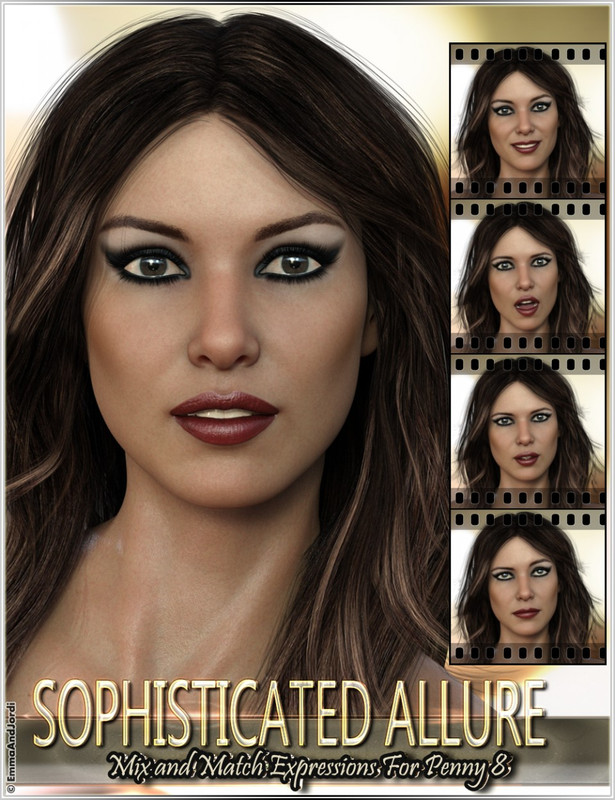Requested Item
XML error in File: http://topgfx.com/forum/subscribe-5.xml
XML error: Opening and ending ...
NDonate And Become A VIP
Contact Us
Administrators:
admin - Site/Tech Issues/ Member Issues/ VIP Issues
Mac - Site/Tech Issues
WuTeVa - Member Issues
Moderators:
BigBrother - Forum, Posting or Comment Problem
vrxitachi - Forum, Posting or Comment Problem
Don_k - Forum, Posting or Comment Problem
DropsOfJupiter - Forum, Posting or Comment Problem
Share Your Render
Chat Box
Send Me PM for any Kind Of Help
¹ New Categories
¹ Old Categories
O Top Rated Articles
Post Calendar
Partner Site
Top News
Latest Feed
XML error in File: https://news.google.com/news?q=3d%20modeling&output=rss
XML error: at line 0
Recent Searches
Server Time
Wednesday 24th of April 2024 03:13:19 AM
Home
Contact Us
Basic Search on xtragfx.com
Edit Images Online
Advertise on Topgfx
Topgfx Sitemap
RSS Feed
Topgfx Free 3D Models » Tutorial » Advanced Functional Programming Tutorials
Advanced Functional Programming Tutorials

Advanced Functional Programming Tutorials
English | 2500kbps 1280x720 WMV3 | MP3 96kbps 48000 Hz | 3.7 GB
Genre: eLearning
Description:1. The Expression Problem" The Expression Problem is a new name for an old problem. The goal is to define a datatype by cases, where one can add new cases to the datatype and new functions over the datatype, without recompiling existing code, and while retaining static type safety (e.g., no casts)." - Philip Wadler2. Type Classes In this second lecture in the series, Ralf digs into Type Classes, which are type system constructs that were originally introduced to provide a form of ad hoc olymorphism (i.e., an advanced form of overloading).
Type classes amount to an intriguing element of the Haskell language, which is, for example, evident in their ability to solve the Expression Problem (make sure you watch Ralf's first lecture on this subject). Furthermore, type classes directly relate to the interface notion of mainstream OO programming, adding important expressiveness to C#/Java-like interfaces.
3. Evolution of an Interpreter
In part 3 of the Advanced Functional Programming lecture series, Dr. Lammel focuses on the domain of language interpretation as a method of understanding some important functional programming techniques. As a side effect, some basics of programming language theory are also informally presented.
More specifically, this lecture develops an interpreter for a simple functional programming language that contains Booleans, natural numbers, lambdas, and recursive lets. The interpreter is actually developed in a stepwise manner, which is why the lecture is called "Evolution of an Interpreter."
In each step, another construct is added and the impact of the extension onto the interpreter is analyzed. In this manner, several interesting programming techniques are exercised. For instance, the Maybe type constructor is pervasively used for dealing with partiality, and Haskell's fixed point combinator is used to model the semantics (i.e., interpretation) of recursive bindings.
This lecture also prepares us for some more advanced subjects. For instance, the next lecture in this series will cover the intriguing subject of monads while using interpretation as the application scenario. Soon, generalized folds (or bananas, according to Erik Meijer) will also be discussed (the folds will traverse abstract syntax trees as opposed to lists).
4. Introducing functional concepts
Visual Studio 2010 is going to be released soon, so it may be a good time finally try the new F# language. In this Webcast series, I
10X Speed Direct Download Advanced Functional Programming Tutorials
Related News

|
Java GUI Programming Language Java GUI Programming Language 4 CDs | ISO | English | 1.22 Gb |

|
KeyStone Java J2EE Complete: Total 4 Courses (4 DVDs) KeyStone Java J2EE Complete: Total 4 Courses (4 DVDs) | 5.32GB Java J2EE Complete:: Total 4 Courses (4 DVDs each) |

|
Introduction to Functional Programming (Prentice Hall International Series in Computing Science) Introduction to Functional Programming (Prentice Hall International Series in Computing Science) Prentice Hall | ISBN: 0134841891 | edition 1988-03 | |

|
18CDs to learning JAVA Video Tutorial 18CDs to learning JAVA Video Tutorial | 1,24GB Genre: VideoTraining |
Information
Would you like to leave your comment? Please Login to your account to leave comments. Don't have an account? You can create a free account now.
Would you like to leave your comment? Please Login to your account to leave comments. Don't have an account? You can create a free account now.















